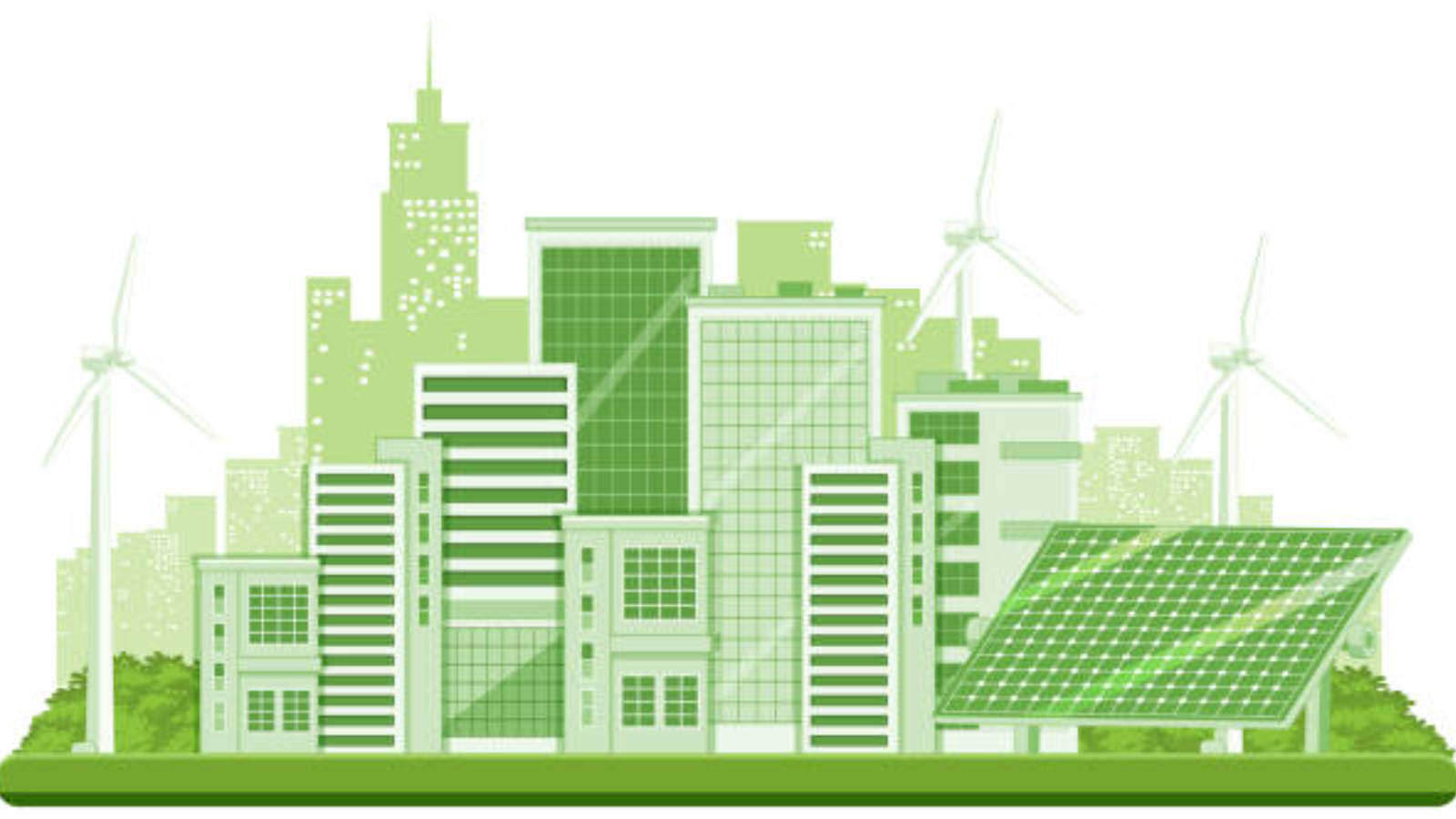In this Article
Introduction
As urban populations continue to grow, cities around the world face increasing challenges related to sustainability, efficiency, and quality of life. Traditional urban management methods are often insufficient to address these complex issues. This is where smart cities come into play. By leveraging advanced technologies, smart cities aim to create more livable, sustainable, and efficient urban environments. In this article, we will delve into the top four reasons why we need smart cities, exploring how they can address critical urban challenges and improve the lives of their residents.
Why Smart Cities are Needed?
Smart cities are becoming the blueprint for urban development, addressing modern challenges. Here are the top four reasons why they are needed:
1. Enhanced Quality of Life
One of the most compelling reasons is their potential to significantly improve the quality of life for residents.
- Smart Healthcare: Smart cities can revolutionize healthcare by providing remote medical services, real-time health monitoring, and predictive analytics to prevent diseases. For instance, wearable devices can monitor vital signs and alert healthcare providers to any abnormalities, ensuring timely medical intervention.
- Efficient Public Services: Smart technologies can streamline public services, making them more accessible and efficient. For example, smart traffic management systems can reduce congestion and commute times, while smart waste management systems can optimize waste collection schedules, keeping the city cleaner.
- Enhanced Safety: Smart cities can enhance public safety through advanced surveillance systems, real-time crime monitoring, and predictive policing. AI-powered cameras and sensors can detect suspicious activities and alert authorities, ensuring a quicker response to potential threats.
Example: Barcelona’s implementation of smart lighting and waste management systems has significantly enhanced the quality of life for its residents.
2. Environmental Sustainability
Environmental sustainability is a critical concern for modern cities, and smart city technologies can play a pivotal role in addressing this issue.
- Energy Efficiency: Smart grids and energy management systems can optimize energy consumption, reducing waste and lowering carbon emissions. For example, smart meters can provide real-time data on energy usage, allowing residents and businesses to make informed decisions about their energy consumption.
- Sustainable Transportation: Smart cities promote sustainable transportation options, such as electric vehicles, bike-sharing programs, and efficient public transit systems. These initiatives help reduce the reliance on fossil fuels and decrease air pollution.
- Resource Management: Smart cities use IoT sensors and data analytics to monitor and manage natural resources more effectively. For instance, smart water management systems can detect leaks and optimize water distribution, ensuring the efficient use of this precious resource.
Example: Copenhagen’s focus on smart mobility and renewable energy has made it one of the world’s greenest cities.
3. Economic Growth and Innovation
Smart cities are not only about improving living conditions but also about fostering economic growth and innovation.
- Attracting Investments: Cities that embrace smart technologies become attractive destinations for businesses and investors. The availability of advanced infrastructure and innovative solutions can draw companies looking to establish or expand their operations.
- Job Creation: The development and implementation of smart city technologies create new job opportunities in various sectors, including technology, engineering, and urban planning. This can help boost local economies and reduce unemployment rates.
- Innovation Hubs: Smart cities often become hubs of innovation, encouraging startups and entrepreneurs to develop new technologies and solutions. This culture of innovation can lead to the creation of groundbreaking products and services that benefit the entire community.
Example: Singapore’s smart nation initiatives have positioned it as a global leader in innovation and economic growth.
4. Efficient Urban Management
Smart cities enhance the management of urban areas through data-driven decision-making. This leads to:
- Efficient Resource Allocation: Real-time data helps city officials allocate resources more effectively, reducing waste and improving services.
- Enhanced Public Engagement: Digital platforms facilitate better communication between citizens and local authorities, fostering transparency and trust.
- Resilient Infrastructure: Smart sensors and predictive analytics help maintain and protect urban infrastructure, ensuring long-term sustainability.
Example: New York City’s use of data analytics has improved urban planning and emergency response systems, making them more resilient and responsive.
Conclusion
The small cities’ need is becoming increasingly apparent as urban populations grow and traditional management methods fall short. By enhancing the quality of life, promoting environmental sustainability, fostering economic growth, and enabling efficient urban management, smart cities offer a comprehensive solution to the challenges faced by modern urban environments. As more cities embrace smart technologies, the future of urban living looks promising, with the potential for more sustainable, efficient, and livable communities.
How Can We Help?
The AlphaX ecosystem is dedicated to helping cities overcome the challenges discussed in this article. Our comprehensive suite of solutions includes IoT integration, AI-powered analytics, and sustainable transportation systems. We work closely with municipalities to develop customized smart city strategies that enhance quality of life, promote sustainability, and drive economic growth. To learn more about how AlphaX can help your city become a smart city, visit our contact page.
References
Related Blog Posts
How Smart Cities Connect: Getting Started with Edge AI and IoT Technology
How to Get Started with Edge AI and IoT Technologies in Smart Cities: Overcoming Integration Challenges In recent years, the concept of smart cities has evolved from a futuristic Read More
5 Step Strategy: Ensuring Security and Privacy in 15-Minute Smart Cities
Introduction Ensuring security and privacy in 15-minute smart cities is a critical challenge as urban areas become increasingly connected through IoT and edge AI technologies. These cities aim to Read More
What is a smart city and the challenge of legacy systems
How to Get Started with Integrating Legacy Systems in Smart Cities Smart cities are transforming urban landscapes by leveraging technology to improve the quality of life for residents. However, Read More




